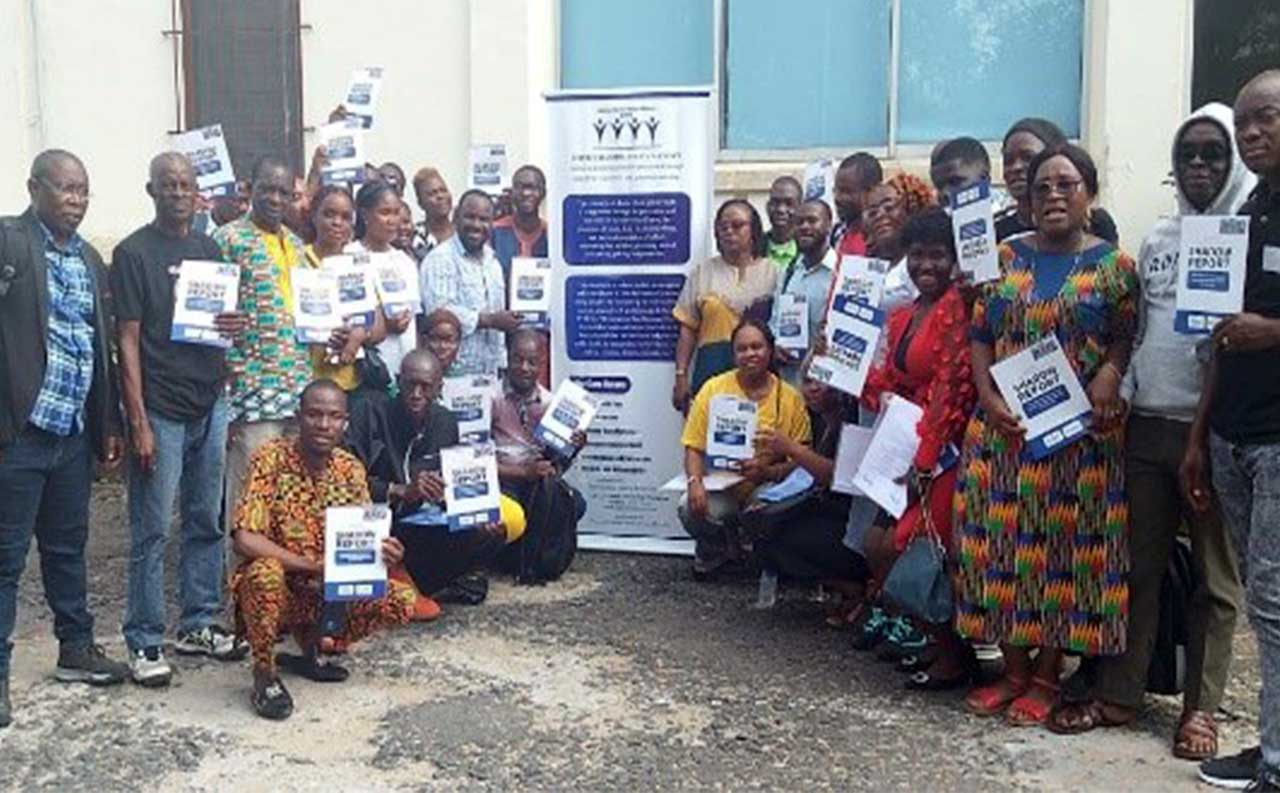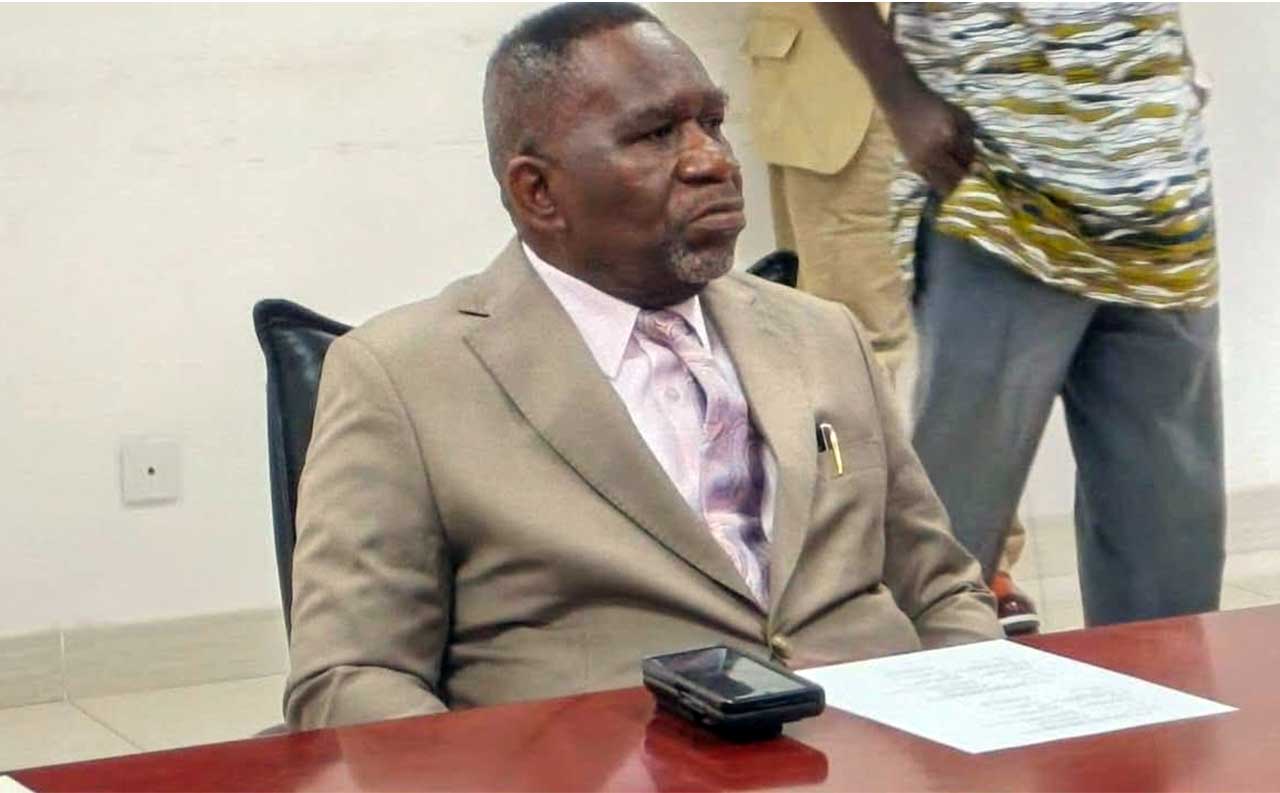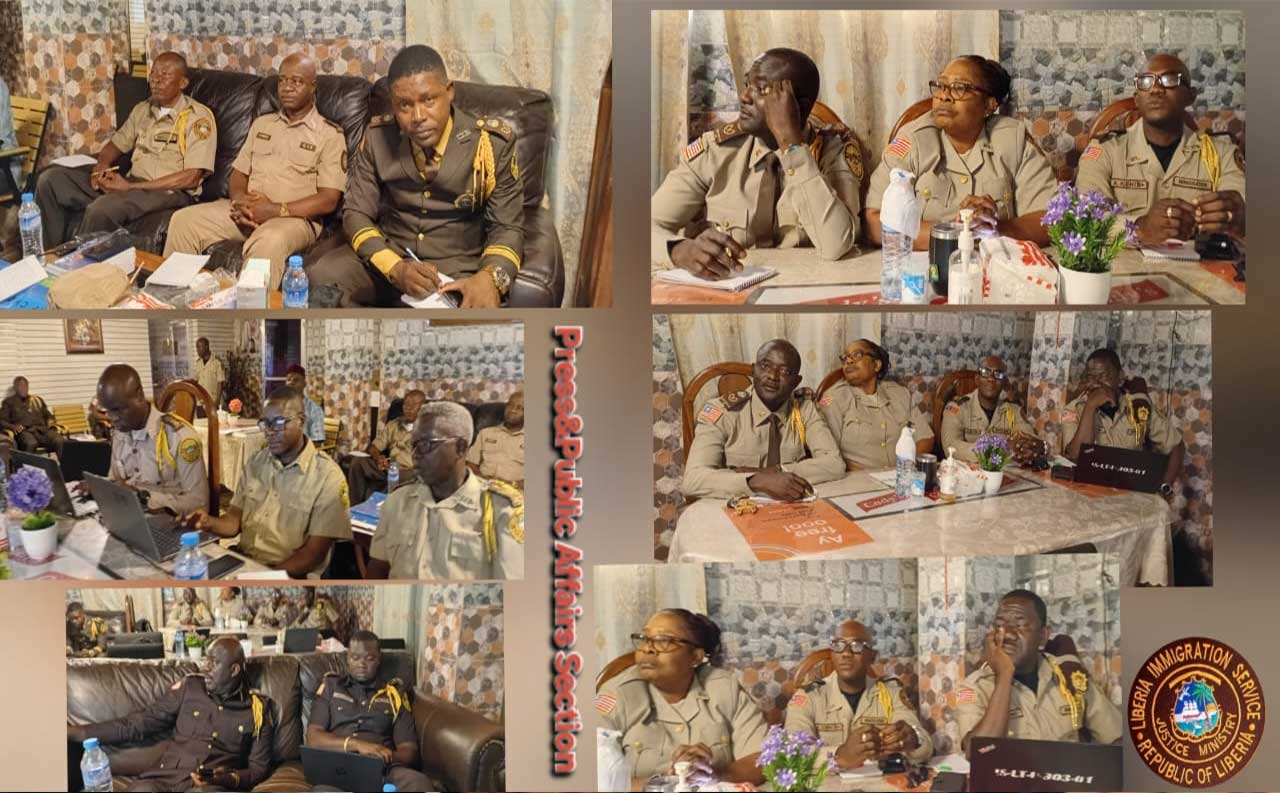A group under the banner “Liberia Alcohol Policy Alliance” (LAPA) has launched a Civil Society Shadow Report on the implementation of the Framework for the implementation of the Global Alcohol Action Play 2022-2030 in Liberia, while urging activation of coordination mechanisms, enhancing stakeholder awareness, and prioritizing alcohol harm prevention programs.
Recently, at least 30 Liberian Civil Society Organizations launched the CSO’s Shadow Report on the Implementation of the Framework for the implementation of the Global Alcohol Action Plan (2022-2030), at the Archdiocesan Resources Center, St. Teresa’s Convent Compound.
The Report is drawn from a three-day symposium that brought together diverse civil society organizations, international partners, public health professionals, and government officials.
Reading the Report at the end of the three-day workshop, the group’s chairperson, Madam Mattie G. R. Zeineddine, stated that the summary outlines the current status of alcohol control efforts in Liberia, focusing on partnerships, policy development, legislation, illicit alcohol, and measures to reduce alcohol acceptability, while highlighting key achievements, challenges, and actionable recommendations for stakeholders.
According to her, LAPA has collaborated with the Ministry of Health (MoH) since 2019 to develop and launch the National Alcohol Policy and Strategy 2023-2033, but the implementation has slowed due to changes in government since 2024.
However, providing key recommendations of the report, she called for the operationalization of Coordination Mechanisms, which will enable the MoH to activate the National Alcohol Control Board, Alcohol Secretariat, and Local Committee on Alcohol Control and convene regular coordination meetings.
“Develop and Enact National Alcohol Legislation: Mobilize resources to support the drafting, review, validation, and passage into law of the National Alcohol Control Legislation. Strengthen Data Collection: Implement the Accessibility, Availability, Research, Monitoring and Evaluation interventions of the National Alcohol Strategy to collect and process data on illicitly produced alcohol,” Madam Zeineddine urged.
She further recommended enhanced public awareness, noting that Key stakeholders should engage in awareness creation and sensitize the public on the key elements of the National Alcohol Policy and Strategy 2023-2033.
Additionally, Madam Zeineddine urged the government to prioritize Alcohol Harm Prevention into its programme of work and develop, review, validate, adopt, implement, and draft a National Alcohol Legislation.
“Increase Budgetary Allocations: The Ministry of Finance, in collaboration with MoH, should make budgetary allocations to support the implementation of the National Alcohol Policy and Strategy 2023-2033. Provide Technical Assistance: WHO should provide technical assistance and other support to MoH, LAPA, and other actors to effectively carry out their mandate, including the implementation of the National Alcohol Policy and Strategy 2023-2033. Address Substance Use Disorder: The Gol needs to expand rehabilitation facilities across the country as SUDs cut across Liberia,” She said.
Accordingly, she added that to expedite this process, LAPA is working closely with the new Mental Health Unit of the Ministry of Health to strengthen political will and support for policy execution.
“WHO has contributed and supported the establishment of the Alcohol Technical Working Group as the multisector coordination mechanism, but regular operational activities have yet to commence and hindering effectiveness. Various sectors, universities, NGOs, and international partners are involved, but the delayed implementation of the National Alcohol Policy and Strategy 2023-2033 limits the assessment of its effectiveness,” She concluded.



